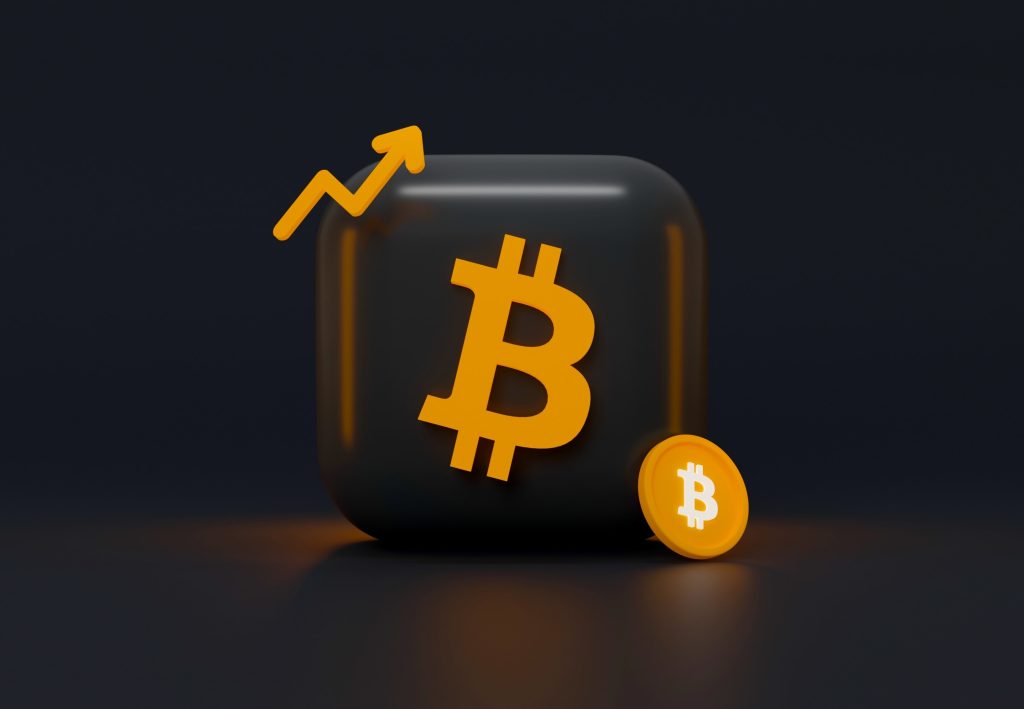Table of Contents
How to Choose a Bitcoin Wallet?
How to Choose a Bitcoin Wallet_
Decide whether you need an online wallet or an offline wallet. After that, you can consider specific wallets. Security and convenience are the main factors in wallet types: online wallets are more convenient, but not very secure.
In order to find the right Bitcoin wallet for you, you must follow two steps. Choosing the right crypto wallet starts with deciding what kind you need, and then looking at specific wallets.
In addition to security, convenience, coin support, privacy and anonymity, user interface, customer support, fees, and built-in services, bitcoin wallets differ from one another.
Bitcoin wallets come in two types: cold and hot. Wallets that are cold refer to offline storage, while wallets that are hot are often connected to the internet.
Offline wallets are less convenient for frequent use, but they are more secure than online wallets.
This is not the only difference between Bitcoin wallets.
Bitcoin wallets can be classified into five categories
You can choose from five kinds of Bitcoin wallets: hardware, desktop, mobile, web, and paper.
Hardware wallets
You can store your private keys on devices like USB sticks with these Bitcoin wallets. You should only buy a hardware wallet if you plan to store over $1000 of value in crypto assets for a long time. They are cold, very secure, but they are also expensive.
These are some of the most popular hardware Bitcoin wallets:
- Ledger
- Trezor
- KeepKey
- BitLox
Desktop wallets
Personal computers and laptops are equipped with desktop wallets. They classify devices as hot if they are constantly connected to the internet. While they are generally regarded as secure, they are still susceptible to malware and computer viruses.
- Electrum
- Jaxx
- Exodus
- Wasabi Wallet
Mobile wallets
As with desktop wallets, mobile wallets are software wallets. However, they are significantly smaller and simpler than desktop Bitcoin wallets. For daily use, they serve as a convenient on-the-go wallet.
- Jaxx
- Breadwallet
- Exodus
- Electrum
- SamouraiWallet
- MyCelium
Web wallets
They are online wallets that are considered less secure than other types, but are extremely convenient. Browser plugins, website wallets, exchange wallets, and others are examples of web wallets. It is not recommended to keep substantial amounts of Bitcoin in web wallets due to their security concerns.
Wallets available on the web include:
- Coinbase
- Guarda
- GreenAddress
- Binance
- Xapo
- Rahakott
Paper wallets
A paper wallet is generally classified as a cold storage device. In general, a paper wallet is a physical copy or paper print of your public and private keys. Sometimes, it refers to a program that generates a pair of keys and a digital file that can be printed. Whatever the case may be, paper wallets provide relatively high levels of security. To generate a paper wallet for Bitcoin, you can use the Bitcoin Paper Wallet Generator.
If you’re considering making a Bitcoin paper wallet, you should take into account its storage conditions, as the main risk is that it may not be durable enough.
How do I choose a Bitcoin wallet?
Find an online Bitcoin wallet (aka a “hot wallet”) that’s web-based, runs as an app on your phone (there are bitcoin wallets for Android and iOS) or as a program on your computer if you:
- It is only necessary to store a small amount of bitcoin, which wouldn’t be too painful to lose;
- A good user experience is what you’re looking for;
- The only wallet you can afford is a free one;
- Privacy isn’t an issue for you;
- Mobile devices or computers should be able to access it via the web;
- Trusting a third party with your wallet is a wise decision;
- The wallet needs to be shared with someone else.
For storage, consider an offline (aka “cold”) Bitcoin wallet (e.g., a paper wallet or hardware wallet) if:
- A large amount of bitcoin needs to be stored, and security is of utmost importance;
- There is no need to use it often or access it anywhere, anytime;
- You prefer to safeguard your funds yourself rather than entrusting them to a third party;
- There’s a good chance that you’ll be paying a couple hundred dollars or more for hardware;
- You value your privacy very much.
It is possible to use both types of wallets: a cold wallet for storing bitcoins and a hot wallet for spending them.
How to evaluate a specific Bitcoin wallet
To properly evaluate a Bitcoin wallet, ask these questions:
- Can it store other cryptocurrencies besides Bitcoin?
- Does the address of a web wallet begin with HTTPS? An HTTP wallet does not offer the same level of security.
- What is the level of security of authentication? Is there two-factor authentication (username and password plus some information only you know)?
- Can you use it with multiple owners (if you want to use a wallet with multiple owners)?
- Does the wallet use “hierarchical deterministic” (HD) addresses to receive payments, thereby enhancing your money’s security?
- What is the level of transparency of the wallet provider? Are you familiar with them?
- Is the wallet’s code open-source and has the company behind it published it?
- Does the wallet have an easy-to-use interface?
- Can the wallet be backed up?
- How does the community feel about the wallet? For more information, check out forums such as Bitcoin Reddit or Bitcoin Forum.
- What do you think of a hardware wallet’s design, user interface, manufacturer reputation, and price?
- Do you have to pay any fees for the services provided? What are they, if any?

